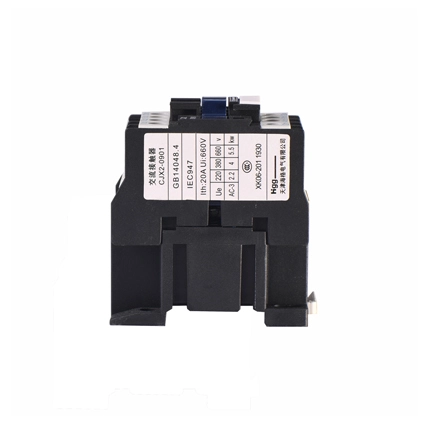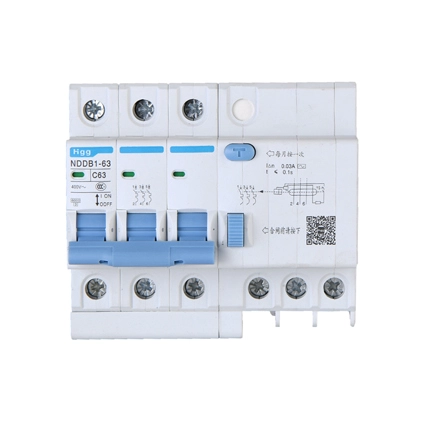Voltage stabilizers are essential devices that protect our valuable appliances and equipment from voltage fluctuations, ensuring their smooth and efficient operation. Whether you are a homeowner looking to safeguard your home appliances or a business owner aiming to protect critical industrial machinery, selecting the right voltage stabilizer is crucial. In this blog, we will explore the factors you should consider when choosing the most suitable voltage stabilizer for your specific needs.
Understanding Voltage Fluctuations
Before diving into the selection process, it's essential to understand the nature of voltage fluctuations and their impact on electrical devices. Voltage fluctuations, such as spikes, surges, and sags, can occur due to various reasons, including lightning strikes, power grid issues, and equipment malfunctions. These fluctuations can lead to appliance damage, reduced lifespan, and increased energy consumption.
Types of Voltage Stabilizers
There are different types of voltage stabilizers available in the market, each designed to address specific voltage-related issues. The common types include:
Servo-controlled Voltage Stabilizers
Servo-controlled stabilizers use a servo motor to regulate the voltage and maintain it within a specified range. These stabilizers offer precise and continuous voltage regulation, making them suitable for sensitive electronic equipment and critical applications.
Static Voltage Stabilizers
Static stabilizers use solid-state electronic components to regulate voltage. They provide fast response times and high accuracy, making them ideal for protecting equipment from rapid voltage fluctuations.
Automatic Voltage Regulators (AVRs)
AVRs are basic voltage stabilizers that automatically adjust the output voltage to maintain it within a predetermined range. Like static automatic voltage regulator, they are simple, cost-effective solutions for household appliances and small business applications.
Power Rating and Load Capacity
One of the critical factors to consider is the power rating and load capacity of the voltage stabilizer. The power rating should be sufficient to handle the total power consumption of all the appliances or equipment you intend to protect. Consider the combined wattage of the devices and choose a stabilizer that can handle that load with some margin for future additions.
Voltage Range and Accuracy
The voltage stabilizer, such as portable generator voltage stabilizer, should have a wide input voltage range to accommodate fluctuations in the power supply. It is crucial to choose a stabilizer that can effectively regulate voltage within a specific range, ensuring the appliances receive a stable and safe voltage supply. Look for stabilizers with high voltage regulation accuracy to minimize the risk of overvoltage or undervoltage situations.
Surge Protection
Surge protection is an essential feature, especially in areas prone to lightning strikes or grid-related issues. Stabilizers with surge protection capabilities can absorb and divert excess voltage during power surges, preventing damage to your appliances or equipment.
Response Time
The response time of the voltage stabilizer is critical, especially for sensitive electronic devices. Faster response times ensure that voltage fluctuations are quickly corrected, minimizing the impact on appliances and equipment.
Environmental Considerations
Consider the operating environment of the stabilizer, especially for business or industrial applications. Some stabilizers come with weatherproof or dustproof enclosures, making them suitable for outdoor or harsh conditions.
Efficiency and Energy Saving Features
Efficiency is an essential aspect of any voltage stabilizer. Look for stabilizers with high efficiency ratings to minimize energy wastage and reduce electricity bills. Some models also come with energy-saving features, such as auto-cut off when the load is low, further optimizing power consumption.
Choosing the right voltage stabilizer is a critical step in protecting your appliances and equipment from voltage fluctuations. Consider factors such as the type of stabilizer, power rating, voltage range, surge protection, response time, and efficiency when making your decision. Assess your specific needs, whether it's for home appliances or industrial machinery, and invest in a high-quality voltage stabilizer that ensures the smooth and safe operation of your electrical devices. A well-chosen voltage stabilizer will not only protect your investments but also provide you with peace of mind knowing that your appliances and equipment are well-guarded against voltage-related issues.





